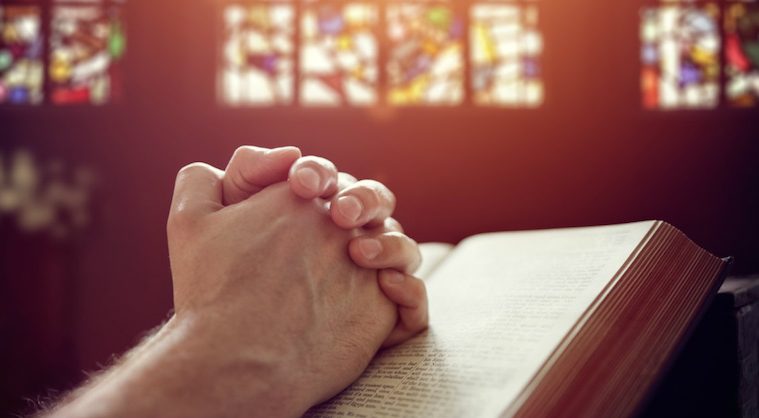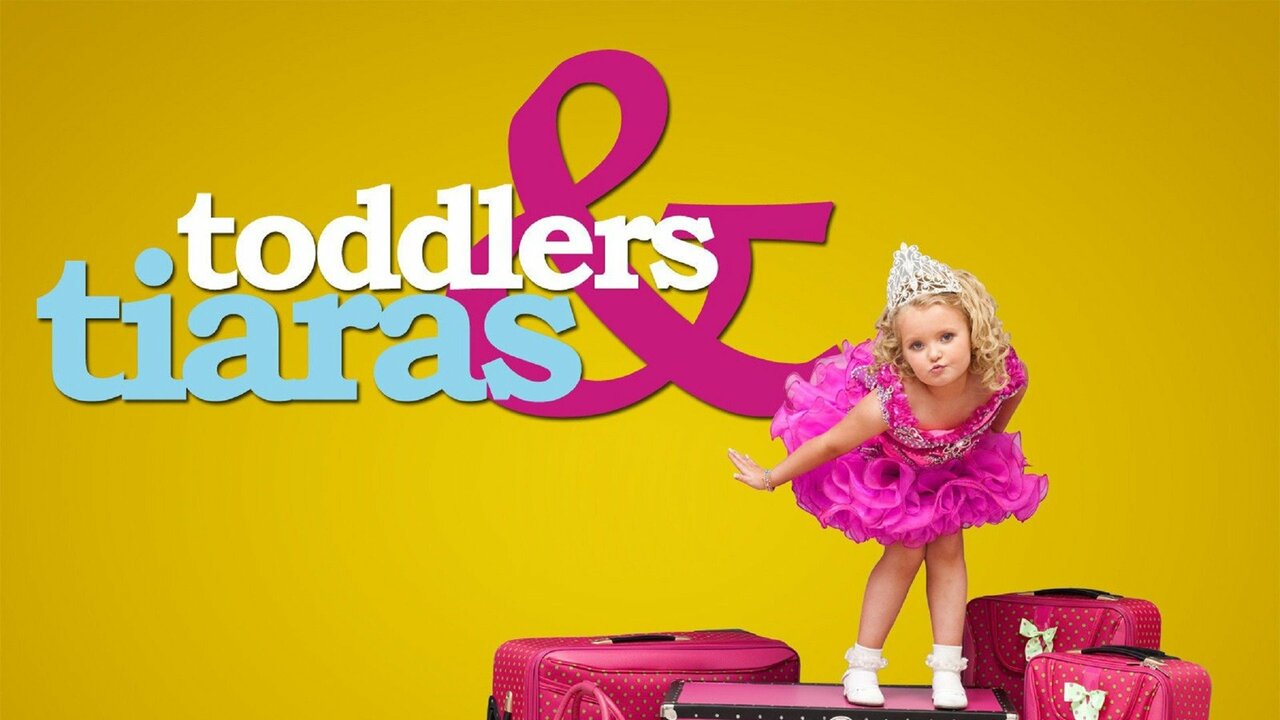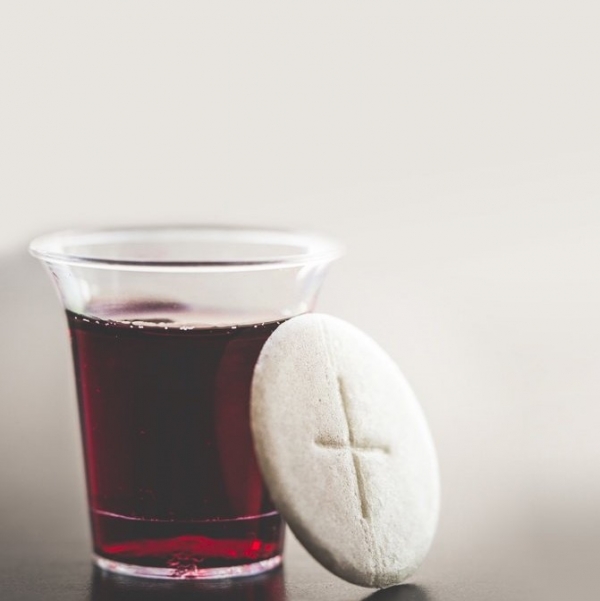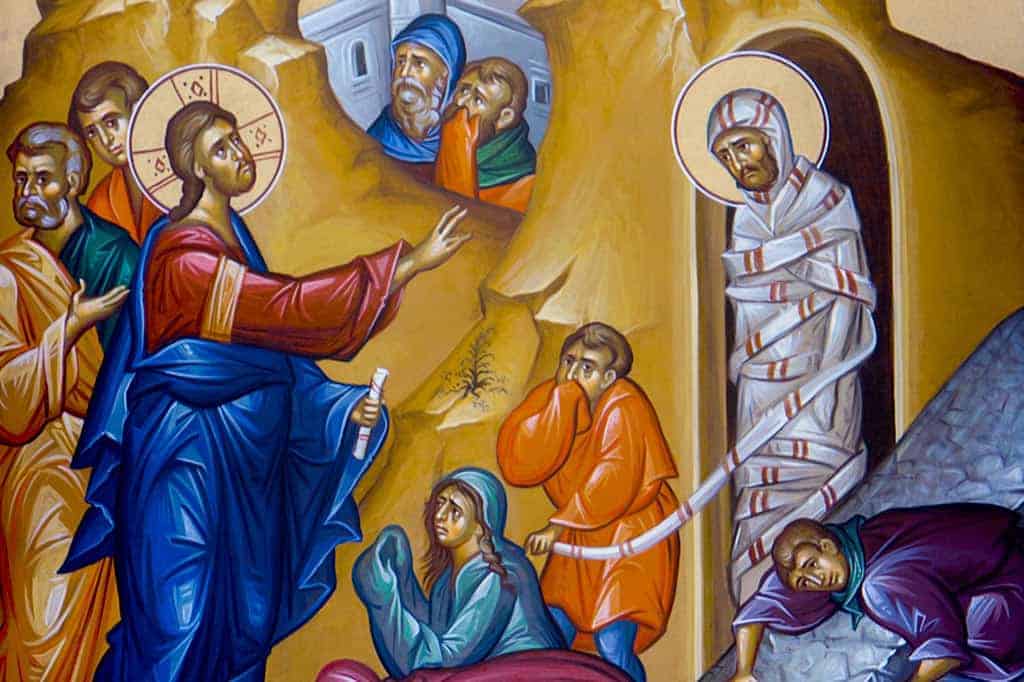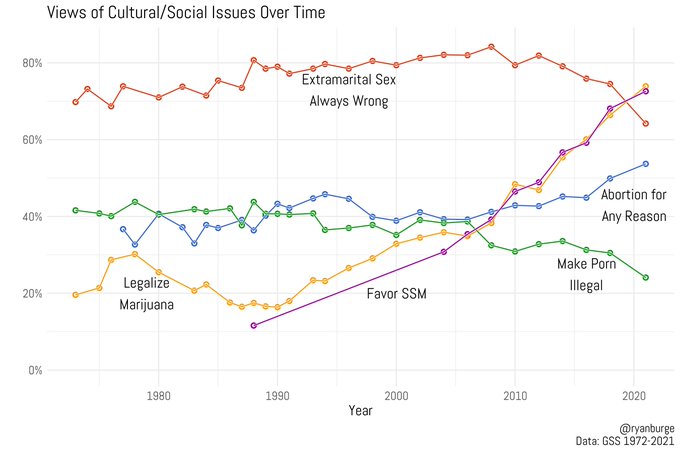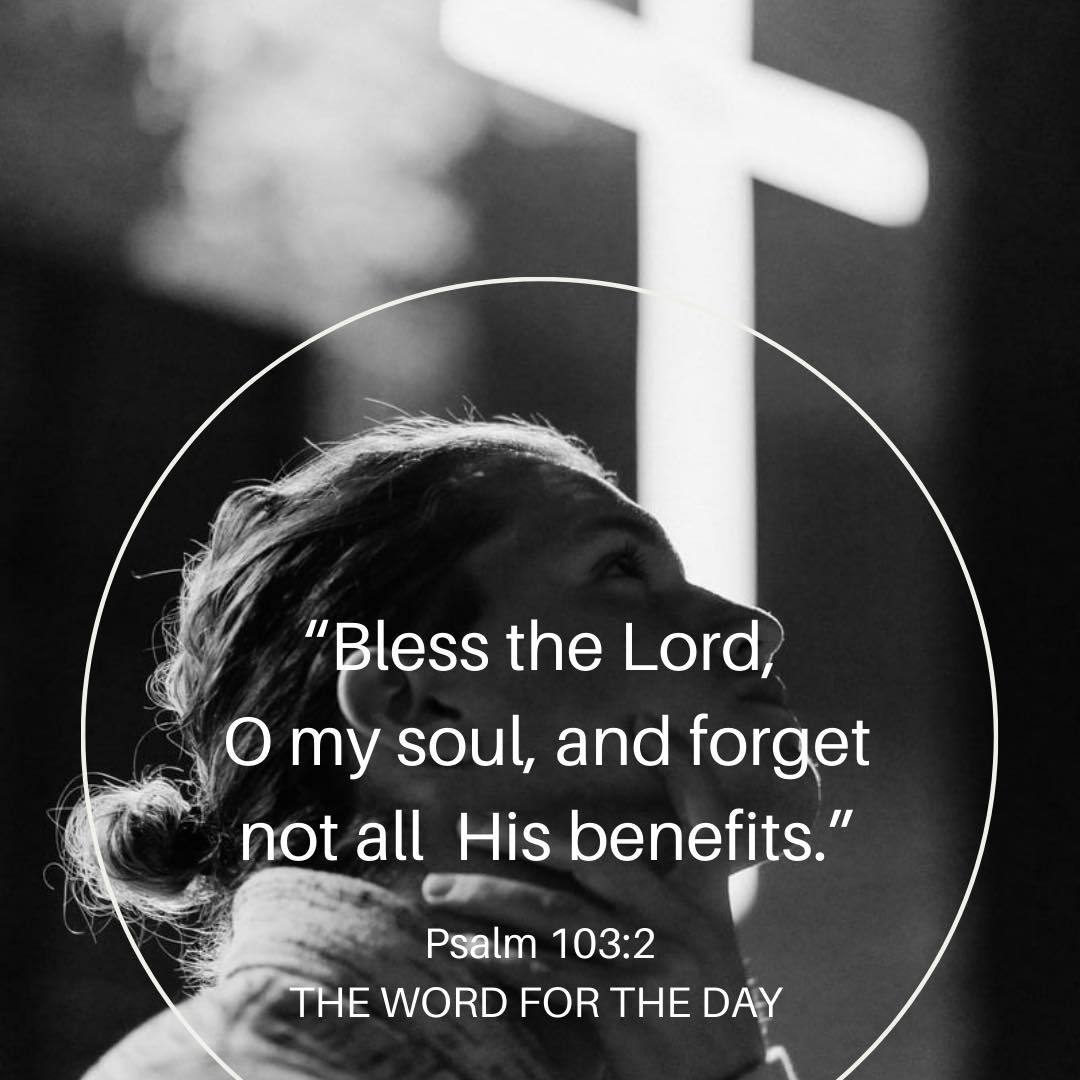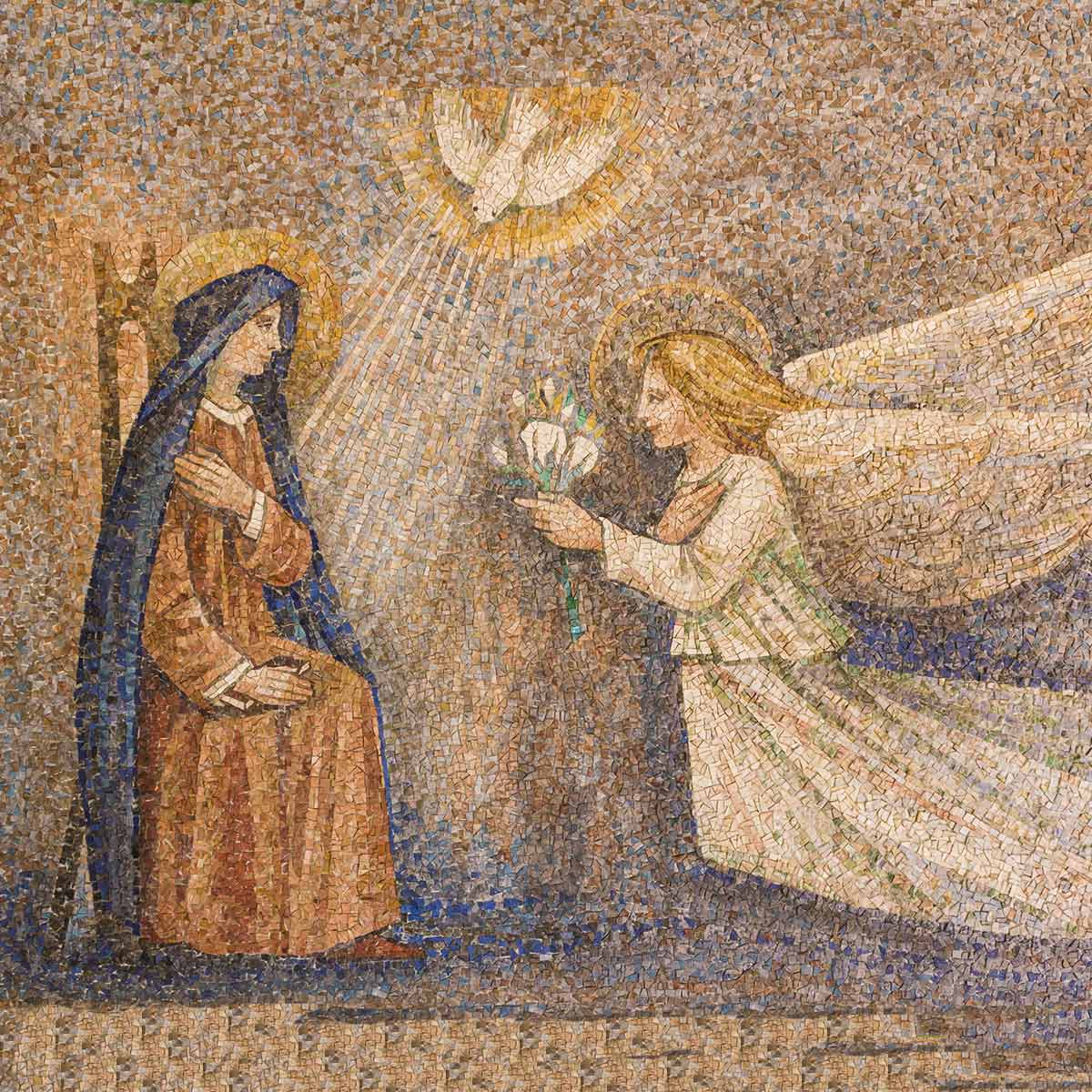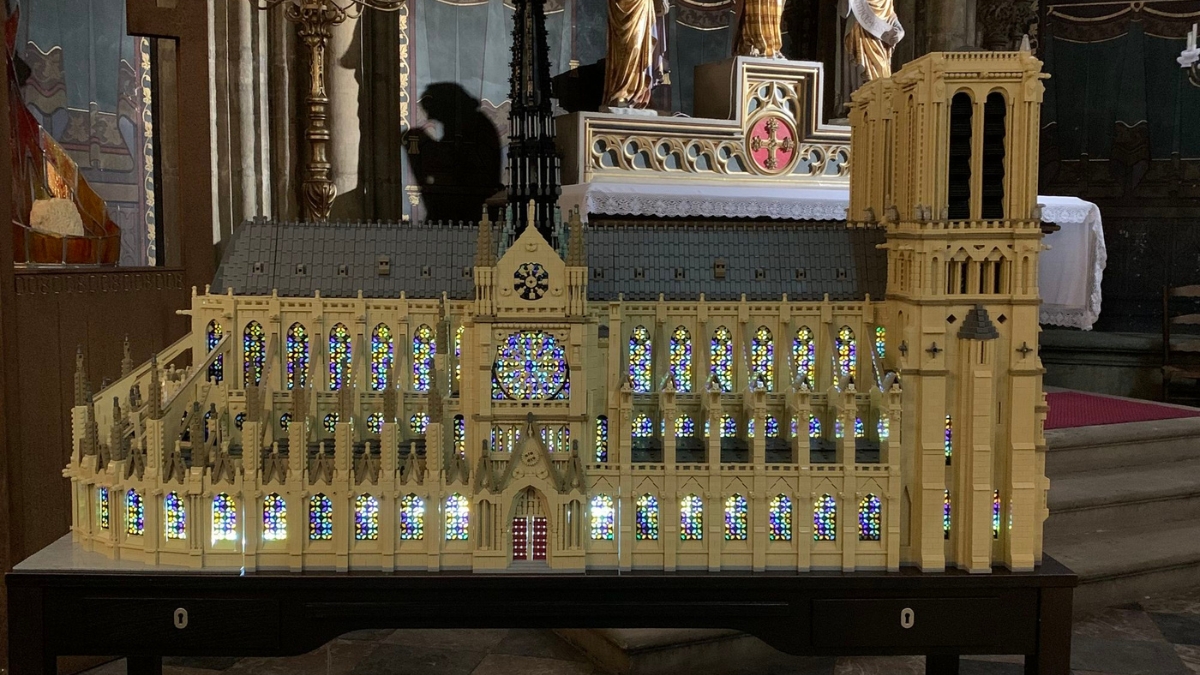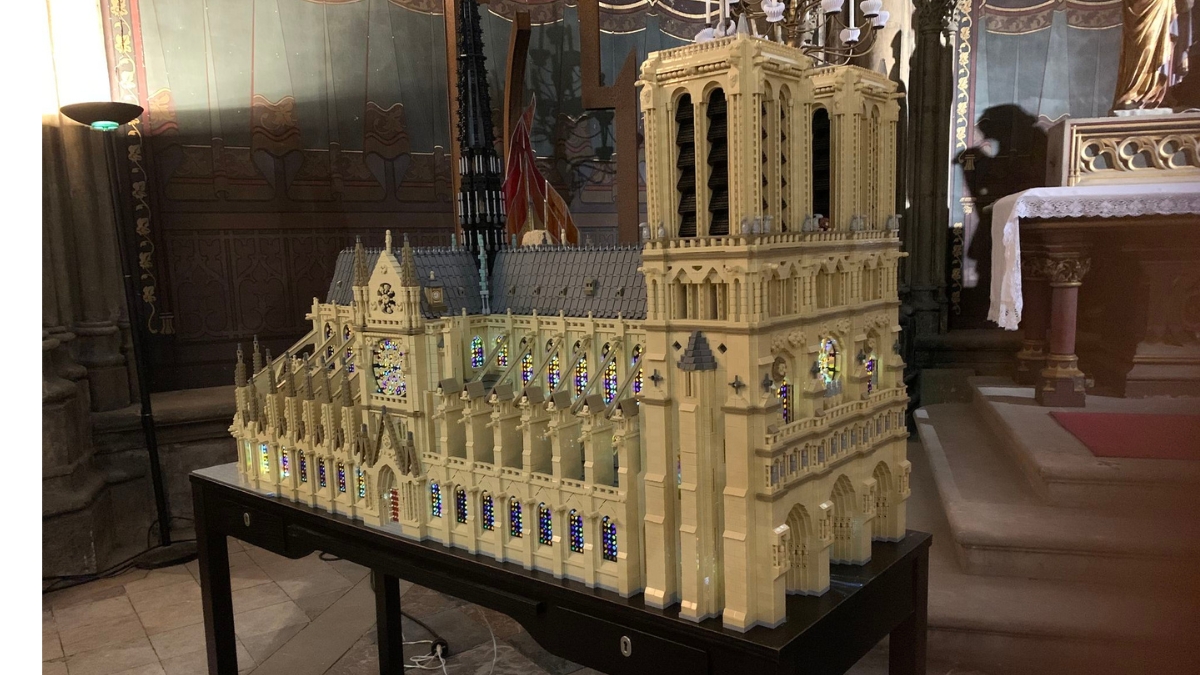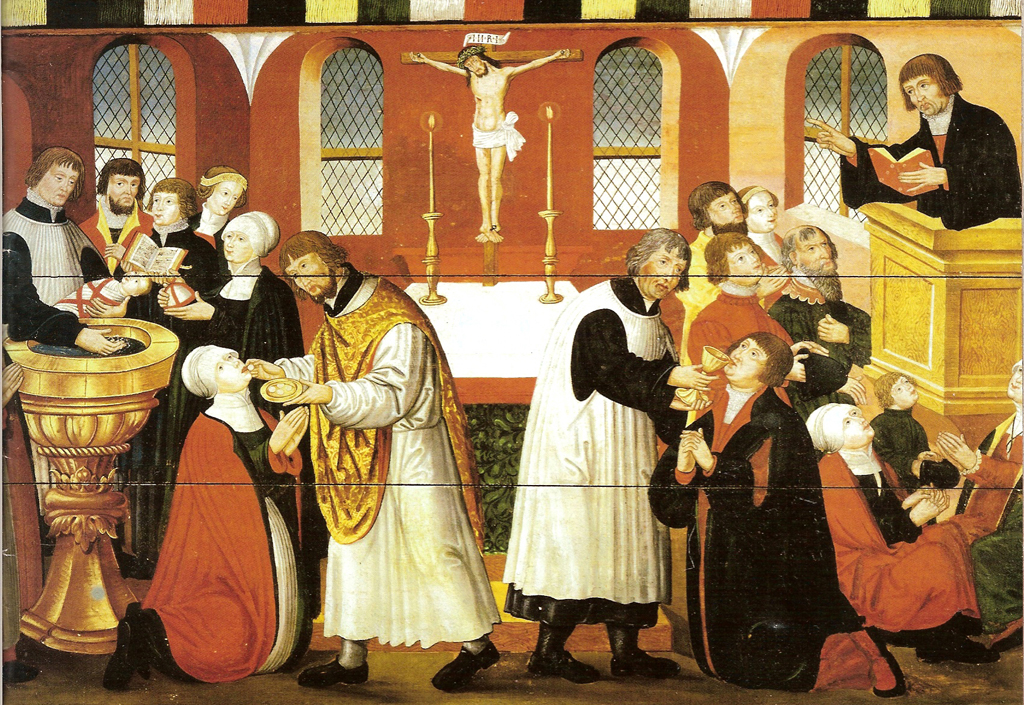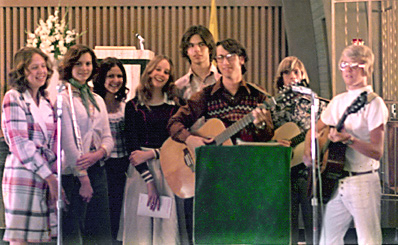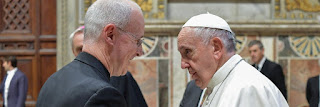In the earliest Church the prayer of the faithful happened about the same point in the liturgy as it does today, following the homily (even before the Creed became part of the ordinary) and it is well attested by the early fathers. The prayers were antiphonal -- presider and people and then deacon and people. Eventually they became more formal and less spontaneous and the people responded with an acclamation. This continued into the 9th century. As the Kyrie litany at the beginning of the liturgy expanded, the petitions here diminished -- along with the expansion of those petitions in the canon of the mass. So it was a restoration of an earlier practice.
The problem is not so much the history. The problem is the writing. The problem is also in the praying. The writing is often so confused that the poor people are not sure what they are being asked to give their amen to or the one offering those petitions has not bothered to read them in preparation for the liturgy. In either case, it is a disservice to this important part of the liturgy and one easily rectified by careful preparation. Even if you are using a pre-printed source for the prayer of the faithful, it is wise to read them through and edit them to fit the needs of the people assembled and to fit the reading of the prayer by the one offering the bids. It does not hurt to offer vocal inflections that mirror what is being prayed and one of the problems I have found (while sitting in the pew or assisting as others lead the bids) is that the voice is wooden, without much inflection at all, and, quite honestly, sounds as if the one praying is bored with his own words.
In Lutheran Service Book there are plenty of individual collects, larger prayer forms, responsive and ektene examples, and good introductions for praying. The problem is that for too many pastors, the hymnal is not something well read, well known, or well used in his own devotional life. Don't be a stranger to the book that is supposed to be a central piece in the devotional life of the individual as well as the assembly. So if you are reading, do your homework. Work to make the petitions reflective of the assembly and what is going on in the overall life of your people. Work to rehearse the prayers so that how you say the words does not impede the praying of the faithful but encourages it. Work to prepare them ahead of time so that, if people ask, you can print them off for the faithful to use at home as well as in the Divine Service. There ends my thoughts for today.
